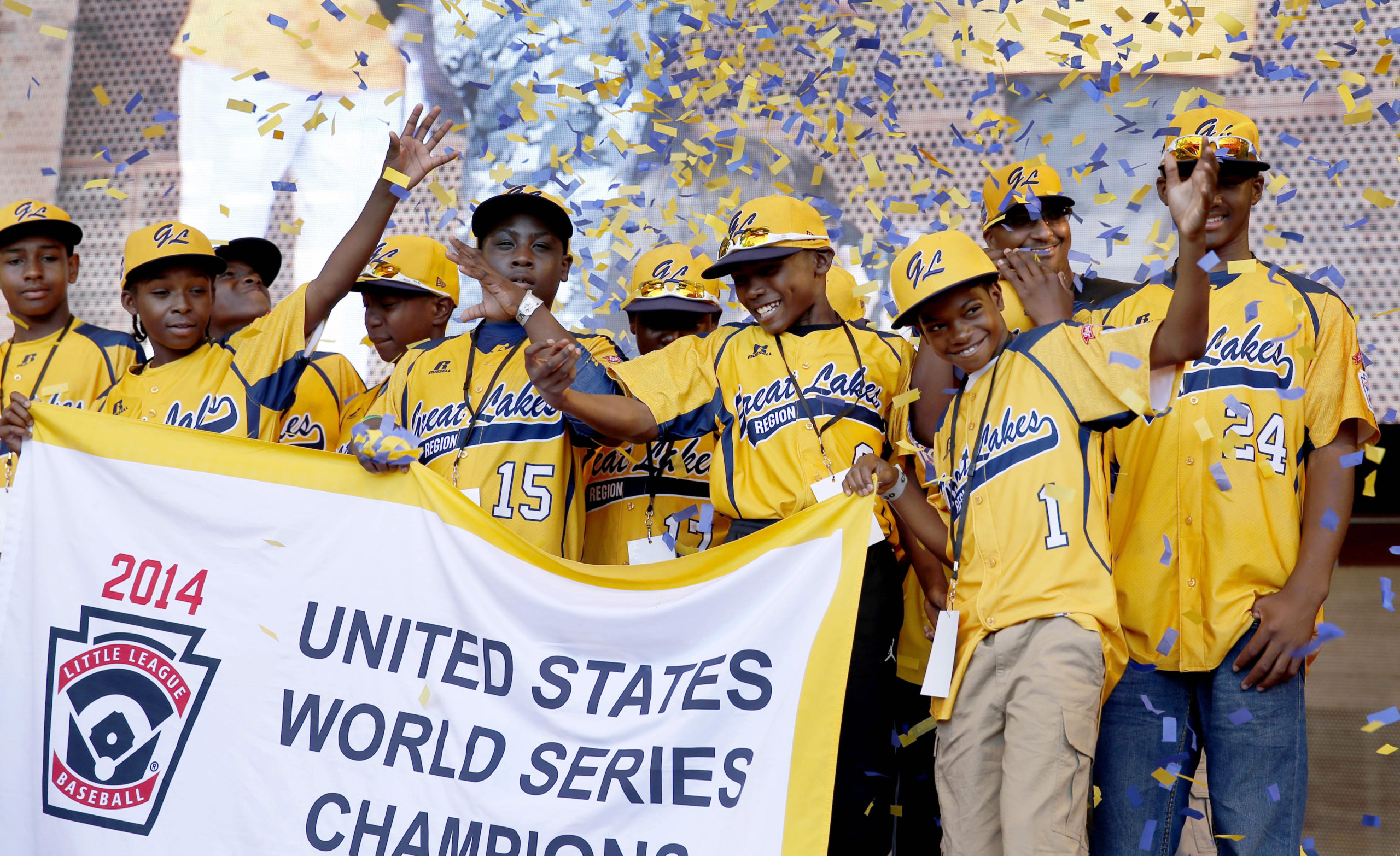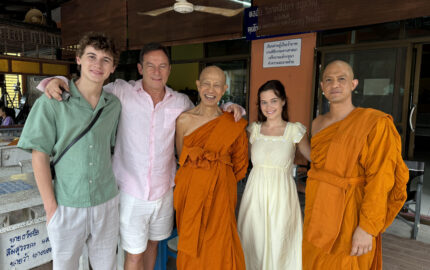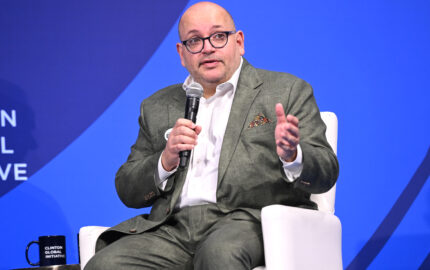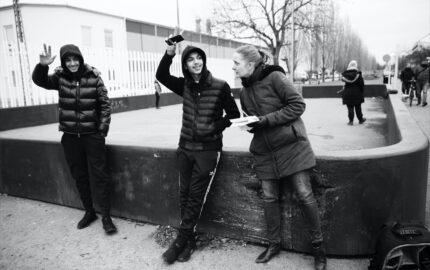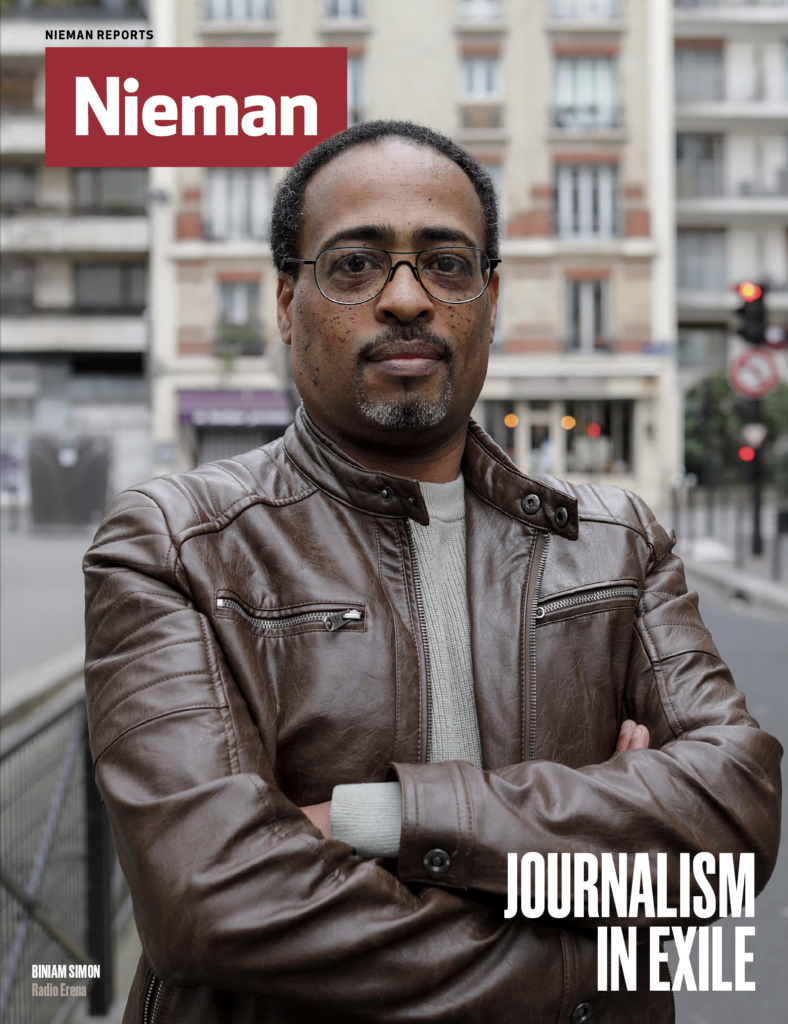
Across the globe, press freedoms have eroded, with Reporters Without Borders (RSF) citing a record 28 countries as having “very bad” press freedom violations in 2022, with 42 classified as “difficult,” 62 as “problematic,” and just eight as “good.”
Under these conditions, many reporters have left their homes out of fear for their lives or those of their families and friends — and have continued the work they started in their home counties by founding news outlets in exile. Some report or edit from outside the country with correspondents operating clandestinely from within.
Newer technologies like secure messaging apps help greatly, as does access to leaked documents, but verification becomes substantially harder across borders. Hostile governments obfuscate and deliberately feed exile outlets false information to tank their credibility.
Nieman Reports’ Spring 2023 issue spotlights the media outlets that are continuing to conduct vital reporting and hold the powerful account from afar, setting up posts in France, Thailand, Costa Rica, and beyond.
Lolly Bowean, NF ’17, works to hold space in philanthropy for marginalized communities
My early days as a reporter at the Chicago Tribune were fast-paced and ever changing, covering breaking news stories from car crashes and shootings to writing enterprise pieces about community developments and disputes. I was also tasked with writing obituaries.
It was a chance to report out and write short profiles of extraordinary people who had contributed to the city and surrounding areas in so many unique and special ways. While not particularly glamorous or exciting, it was necessary and especially important to the families who took pride in seeing their loved ones’ stories in the paper, which in turn made me proud to be able to write them.
Writing one obituary in particular left an indelible impression on me: Joseph Haley.
Before he passed, Haley had been a public school teacher on the far South Side of Chicago. Hoping to give young Black boys a productive and fun way to spend their free time, Haley started the Jackie Robinson West Little League baseball team in his historically underserved community. What started as a small project grew into a league where he and a group of volunteers trained and taught hundreds of young Black boys the fundamentals of the sport.
Yet, when I looked in our library archives, I couldn’t find a single news story written about him — neither in our paper nor in many of the others that we saved and filed away to use for research.
I was astounded that someone could be such a dynamic and prolific hero in their community and yet never get the attention of the press. I was saddened, angry, and frustrated, but not at all surprised. After all, part of what inspired me to become a journalist was feeling that reporters only showed up in my community when something violent happened.
That moment with Haley’s obituary helped cement my mission as a journalist: to see the people, especially Black people, women, and people of color who were too often dismissed and relegated to the margins.
I’m no longer in a newsroom, but that experience still shapes how I do my work today as a program officer with the Creativity and Free Expression team at the Ford Foundation.
Though I’ve shifted into working behind the scenes in media funding, I’ve held on tight to the mission that fueled my work as a reporter in the first place. I am where I came from, and I see my role as not only supporting quality journalism that connects with local communities, but as an opportunity to see, uplift, and elevate the grassroots-level work that has long been done, but hasn’t been historically supported by philanthropy. This is work that broadens perspectives and offers a balanced portrait of our communities.
During my Nieman fellowship year at Harvard, I thought a lot about who gets to be a journalist; who gets to be a writer; who gets to be a voice. I thought about Charlotte Osgood Mason and how she poured her personal wealth into Zora Neale Hurston and Langston Hughes, whose writings are timeless and renowned today. I also thought about how she was described as controlling and meddling, essentially abusing some of her power. She’s a model of what we can do and some things we shouldn’t.
I’ve only been in philanthropy for about two years, but I’ve already come to understand that as with anything, it’s easy to keep doing the same thing and replicate the same results. If we want a media that is reflective of our entire country, we have to look in the places where we — as funders — aren’t often expected.
In the same way that I went into communities looking for stories as a reporter, I’m entering regions looking for the organizations that have become relied upon for either providing news, important training, or more. I approach this work with a deep humility and respect, open to learning and looking to support in the ways that are aligned with the cultures of the communities we are partnering with.
I often tell journalists and editors working in under-valued communities that if they are telling important stories that are nuanced, that challenge decades-old stereotypes, and that challenge systems of oppression, then they should keep at it. Eventually their work will rise to get more attention.
I see it as my job to be in a place to see that work when it becomes apparent — and to make it even more visible.
